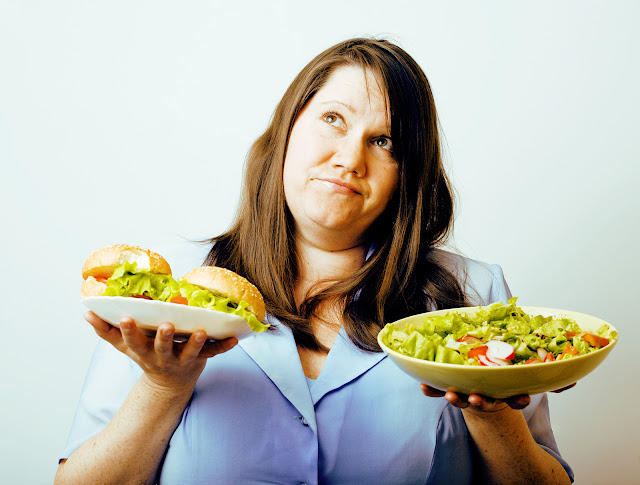Press











ABOUT Sam
SERVICES
Team Ruthless
EVENTS
GRIEFHAB™
PODCAST
RETREATS
shop
HEALING TOGETHER THROUGH THE HOLIDAYS - MAIN EVENT
HEALING TOGETHER - FOR A CAUSE: VIRTUALLY
HEALING TOGETHER - FOR A CAUSE: PILATES IN THE PARK - MICHIGAN
HEALING TOGETHER - FOR A CAUSE: VISIBLE - COLORADO
September 6-7
Jimtember Virtual Jubilee
blog
December 2nd - 8th / Metro Detroit AND VIRTUALLY
August 27th & 28th
August 30-31st
rUTHLESS IN THE ROCKIES
TEAM RUTHLESS
THE CONFIDENCE CONFERENCE
mOBILE rECOVERY dAY
Next event: September 10-23rd, Colorado
October 5-6th -
Virtual Event
September 30th, Castle Rock, Colorado
7 Groups Every week Plus Every Holiday
HEALING TOGETHER - FOR A CAUSE: Ride & ROAR - DALLAS
October 11 -12th
Stay Tuned!
FACES OF GRIEF
JOIN US
Can Your Diet Affect Your Mood?
December 23, 2016
The holiday season is in full swing, and many of even the strictest dieters have thrown caution to the wind. We’ll pull ourselves together and begin eating responsibly again after January 1, but until then there’s no harm in eating whatever we want… right?
Unfortunately, this may not be the case. Studies have shown that the food we consume has a direct affect on our mood and overall disposition. This poses an especially big problem for people who consistently consume high amounts of sugar and fat, but it can also affect people who give themselves a few weeks to “cheat” during the holidays.
Stress
Since sugar is quickly converted to energy in the body, it is ideal for a quick, sometimes explosive burst of energy. If that energy is not released by physical activity or channeled into creative behavior, it can become bottled up. On a physical level, this can lead to weight gain. On a mental level, it can lead to increased stress levels. This increased stress level can become a self-perpetuating cycle, since stressed people feel the need for a burst of energy to combat the stress, and therefore may be more inclined to reach for sugary snacks.
Depression
Researchers have recently confirmed that the quality of the food you eat can directly impact your happiness level. A study by PLOS One examined 3,663 people and found that people who eat high sugar, high fat diets are more likely to exhibit depressed behaviors and symptoms, whereas people who ate balanced, healthy diets were less likely to display these behaviors.
Addiction
Believe it or not, sugar and fats trigger the same pleasure centers in the brain as addictive drugs. Eating diets that are high in sugar and fat can cause you to crave these substances on a regular basis. These cravings are hard to resist. Unfortunately, giving into these cravings and splurging on more snacks that are high in sugar and fat only serves to perpetuate the cycle and – as we have already discussed – can lead to depression. Food addictions can also lead to eating disorders like binge eating.
Eating Well To Boost Your Mood
Most people are well aware that a healthy diet is an important part of maintaining physical health, but many people are less familiar with the fact diet has a direct correlation on mental health. Nevertheless, eating well can have a powerful effect on improving your mental and emotional state. “Eating well” mainly means eating a balanced diet filled with fresh fruits, vegetables, nuts, beans, grains, and meats, and avoiding foods that have been overly processed or are high in sugar, artificial coloring and flavors, and unhealthy fats.
Leave a Reply Cancel reply
120 E. Front St. Loft 2 Traverse City MI 49684 &
77 Monroe Center St Ste 600 Grand Rapids MI 49503
phone : +1 (231)707-0707


Donate TO GRIEFHAB™
Donate today to help make our events and services free for everyone.
You can also donate directly to support a specific client in need.
four
three
info & Investment
two
THE FOUNDER
one
fIVE
GRAB A COPY OF MY
BOOKS & MERCHANDISE
four
three
info & Investment
two
THE FOUNDER
one


fIVE
GRAB A COPY OF MY
BOOKS & MERCHANDISE










HEALING TOGETHER EVENT
EVENTS
four
three
info & Investment
two
THE FOUNDER
one
fIVE
GRAB A COPY OF MY
BOOKS & MERCHANDISE
four
three
info & Investment
two
THE FOUNDER
one





fIVE
GRAB A COPY OF MY
BOOKS & MERCHANDISE










FACEBOOK FAMILY
GRIEFHAB™ SERVICES
FACES OF GRIEF
Our Press Features
THE BE RUTHLESS SHOW
two
three
Recent Articles
one





Coming in September! Stay Tuned.
December 2nd -8th / Metro Detroit AND VIRTUALLY
August 25th
August 30-31st
October 11 -12th
Stay Tuned!










four
three
info & Investment
two
THE FOUNDER
one





fIVE
GRAB A COPY OF MY
BOOKS & MERCHANDISE
four
three
info & Investment
two
THE FOUNDER
one





fIVE
GRAB A COPY OF MY
BOOKS & MERCHANDISE











